Every personal injury claim varies based on certain situations and facts regarding each accident. However, at some point, practically every personal injury claim will go through similar steps which are discussed below.
Many individuals don’t know about the personal injury claim process and the length of time to get compensated for their injuries. If you have a severe injury due to someone else’s negligence, you can anticipate your case to take this route typically with the help of a personal injury lawyer in Denver.
When you have serious injuries due to no fault of your own, your attorney might advise you to file a personal injury lawsuit.
A personal injury lawsuit is a civil action that has no impact on any criminal charges connected with your accident. Experiencing severe injuries alters your life as you knew it before the accident. No one should pay out-of-pocket for expenses that result from the carelessness of another person.
Table of Contents
Seeing a Doctor
One of the first steps in the lawsuit process is to get medical care. Many individuals who are involved in an accident don’t have pain right away. You might not realize that you are sore 2-3 days after an accident.
Tell your doctor about every physical issue you might have experienced, even if you think the pain isn’t severe. Avoid delaying treatment and bypassing any referrals. Medical records are critical for documenting the type of injuries you have and to what extent.
Medical records are necessary to help you document the injuries you suffered due to someone’s negligence. They also record your medical expenses. This documentation is crucial to any legal action you might take because it helps verify that you have been injured.
Consult an Attorney
Immediately after your injury, whether you suffer severe head trauma or broken bones, consult with an attorney. An attorney can give you a good idea of what to expect during the lawsuit process.
During the initial consultation, your attorney will discuss with you the details of your personal injury claims and deal with any concerns that you might have. Usually, the matters discussed will include:
- How the incident happened and everyone who was involved.
- Who could be at fault for causing the accident.
- What injuries were sustained resulting from the accident.
- What treatment you have gotten for any injuries sustained.
- What future treatment you might need to treat those injuries.
At the end of your initial consultation, your lawyer should give you an assessment of your case and the next steps based on your specific needs.
Investigation
During the investigation phase, your lawyer collects and examines the facts about your case. The more information you can give, the better for your case.
Your lawyer needs all the documents you have regarding your case. This includes:
- Bills related to the accident and your injuries
- Medical records
- Photos and video of the scene of the collision where you were injured
These items are valuable in giving context or as evidence to support your case. Your lawyer also studies any police or accident reports related to the circumstances that caused your accident and injuries. Additionally, a good lawyer interviews everyone who may have witnessed what happened. Favorable witness testimony reinforces your case. At this phase, be ready to give as much information as possible to your lawyer. If you have contact information for possible witnesses, this is the time to share it with your lawyer.
Settlement
Before filing a lawsuit, your lawyer might try to negotiate a settlement on your behalf. You may be asked to sign a release form when settling your case. Don’t sign a release until you know the whole extent of your injuries and other losses. Signing a release form stops you from making any future claims against the defendant.
The amount you can expect to get will be based on several factors, including
- The scope of your injuries
- If any of your injuries are permanent
- If you endured economic damages (such as the loss of a job)
- If you were partially at fault for the incident
During the phases before filing your personal injury lawsuit, your lawyer drafts a demand package. It lets your lawyer start negotiations for a settlement with the business or person you are suing. The demand package contains the financial records, lost wages, medical bills, and other documents visibly illustrating the range of your injuries.
Trials are costly and time-consuming. This is why many personal injury lawsuits are settled out of court. The outcomes from a trial risk a negative result from a jury, therefore, a settlement is probably more favorable for the plaintiff (you).
Demand for Compensation
Once your lawyer has heard your account of events and gathered any evidence related to your accident, he will work with you to file a demand for compensation with the at-fault insurance companies.
In an auto accident where only the other motorist bears responsibility for the accident, this might involve a single claim. In a more complicated accident with several factors, you might need to issue a separate claim for each liable party. Your claims package will contain all the details of your injuries and what compensation you want for them.
Negotiations
Once the insurance carrier has reviewed the demand packet, they will usually respond with an offer for settlement. Your attorney will contact you when an offer for settlement is received and discuss with you the various options you have available.
If you accept this initial settlement offer, your claim will need no further negotiation. You’ll sign the paperwork and get your money. However, accident victims typically don’t accept the first settlement offer.
While having an attorney on your side might automatically raise the offer made by the insurance company, that first offer might not reflect the total compensation you need and deserve after your accident.
Filing a Lawsuit
If you can’t reach an agreement with the insurance company, you can file a lawsuit. There are a few phases.
The Discovery Phase
After your lawsuit has been filed, there is a discovery phase. During this phase, the defendant’s attorney gets access to documentation, property, and other related items to the case for examination.
Depositions are also taken. A deposition is where the attorney of the plaintiff and defendant might ask questions. Depositions can possibly be submitted as evidence during a trial.
Mediation
Before going to court, you might have the chance for mediation. This is when a mediator and the lawyers representing both sides find out if they can reach an agreement. Usually, the mediation phase helps settle the last problems between the victim and the insurance company, reaching a monetary agreement. Instead of going to court, insurance companies will settle during the mediation phase.
Trial
During the trial, you will have the chance to take your claim before a judge, who could issue a final ruling. In complex cases, you might also try your case before a jury. Either the jury or judge will issue a final ruling about the resolution due to the victim.
Appeal
While you might think that the trial concludes the process once and for all, you don’t have to accept a disappointing verdict. If you feel that the trial didn’t get you the compensation you deserve for your injuries, you can appeal the verdict. The insurance company also has the right to appeal in a case that it feels doesn’t reflect a complete resolution to the claim.
Filing an appeal can aid in boosting the compensation you get by letting you try your case before a different jury and judge. However, it can also make the case longer to resolve, meaning you must wait to get compensated. Furthermore, the lengthier court case means an increase in your legal expenses. During every step in the claim and lawsuit process, having a Denver personal injury lawyer on your side can help you.
From creating your claims package to building a lawsuit, a lawyer can provide advice and support that will improve the chances of a satisfactory resolution. The faster you contact a lawyer, the sooner you can begin gathering evidence for your case.
Why You Need a Personal Injury Lawyer
Securing the funding you deserve not only necessitates litigation but also involves determination. It is not unusual for insurance companies to offer a settlement right after your accident. While the amount of money they offer might seem like a huge sum, odds are it won’t cover your future medical treatment.
Our team knows the personal injury lawsuit process in Colorado. We understand the hurt you have suffered and try to get you the best compensation for your injuries. The sooner one of our attorneys reviews your evidence, the sooner we can begin working for you. Contact us today for your free consultation.


